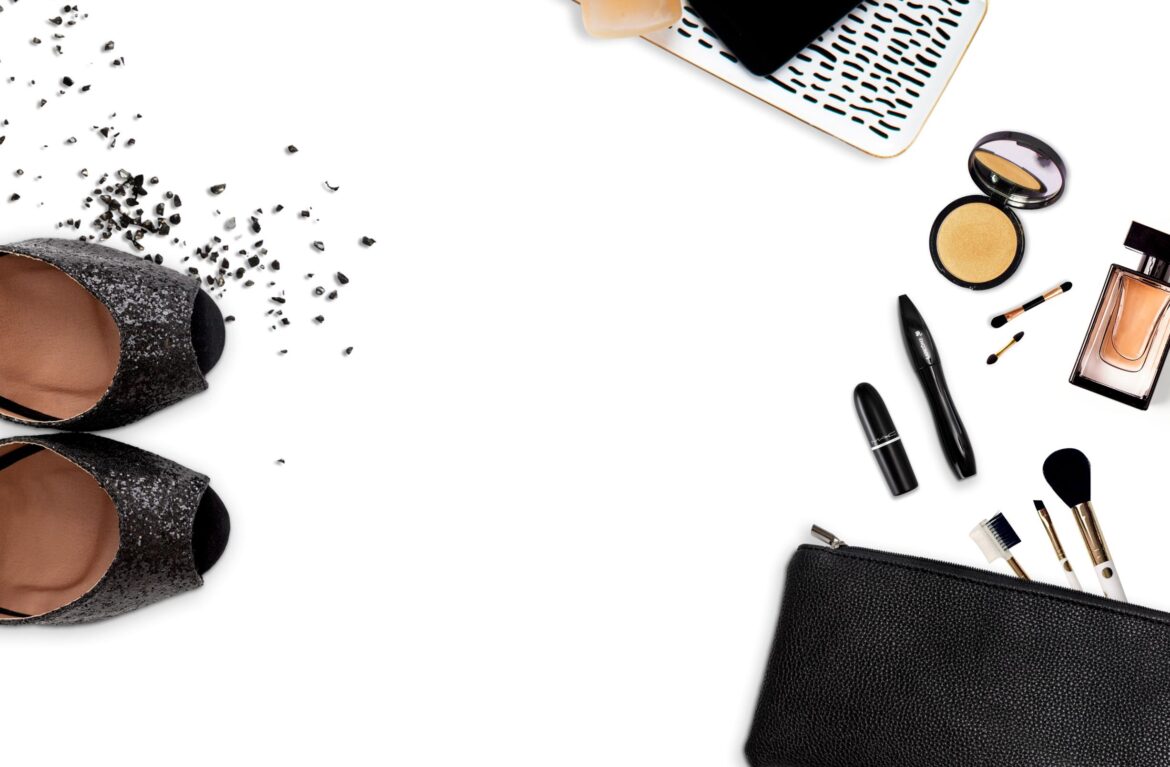:focal(999x0:1001x2)/natural-hair-workplace--2000-93d0f6b655974dbfabdbc2fca106e1e4.jpg)
The Equal Employment Opportunity Commission’s interpretation of Title VII is that it includes cultural characteristics often associated with ethnicity or race. However, despite this, Black women are still not given the freedom to wear their hair in natural hairstyles in the workplace. This means that in some cases, Black women who deviate from the norm face significant barriers in the workplace.
While not all employers have grooming policies that explicitly address Black hair and protective hairstyles in the workplace, there is still a perception that it is unkempt and unprofessional. Multiple studies have revealed that there is an implicit bias against Black hair.
Historically, policies that prohibit natural hairstyles like locs, knots, afros, and others have been used to justify the removal of Black children from schools and Black adults from employment opportunities.
Thankfully, laws are now in place that help to reduce such discriminatory practices. Know as the CROWN Act, they prohibit discrimination based on hair texture and protective hairstyles/ CROWN stands for Creating a Respectful and Open World for Natural Hair. These laws aim to modify existing antidiscrimination laws by expanding the definition of race to include protective hairstyles and hair textures.
The first state to enact the CROWN Act was California. It came into effect on January 1, 2020.
Apart from California, several other states have also passed the CROWN Act, including Colorado, Connecticut, Delaware, Maryland, Nebraska, Nevada, New Jersey, New Mexico, New York, Oregon, Virginia, and Washington. In addition, more than twenty local jurisdictions have also enacted laws.
There is no federal law at present that prohibits discrimination based on hairstyle, but it may not be long in coming.
It’s not just legal precedents that are being set. For example, there is now a World Afro Day which is a global day of change, education, and celebration of Afro hair, culture, and identity.




